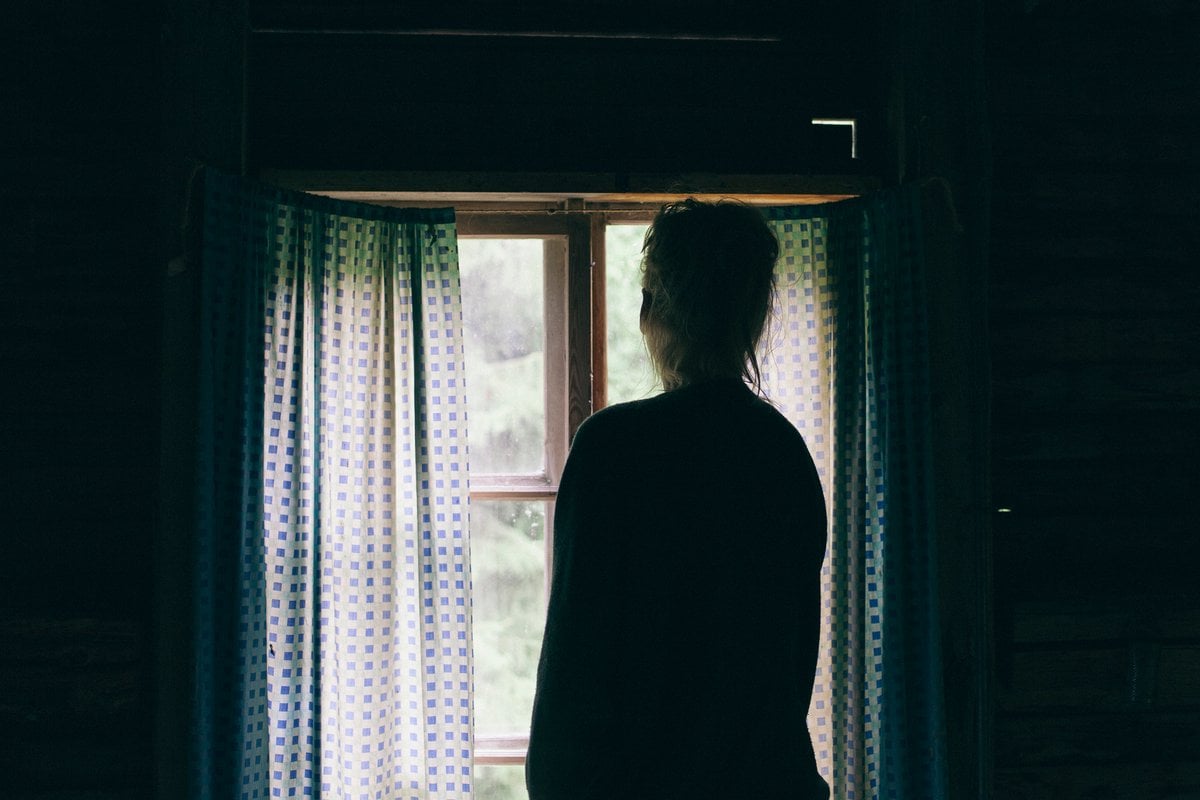
This post deals with sexual assault and might be triggering for some readers.
I woke up to his fingers inside me. As I looked up, I saw the taxi driver’s face in the rearview mirror.
His expression said that he knew what was going on and that for him, it was fine. Perhaps he even got off on it.
My friend was sexually assaulting me in the back seat of the cab. But it was my fault because I’d got too drunk and passed out. I’d stayed out later than my girlfriends. I’d put myself in a vulnerable position.
Watch: Women and Violence, the hidden numbers. Post continues below.
Fast-forward to today, and I’ve had lots of conversations about consent.
With friends, family and my husband. As a mother of a one-year-old, I’ve thought about how I’ll talk to her about these issues.
But in the midst of it all, sits the incident from around 15 years ago. A 30 minute cab ride in which someone I knew and trusted betrayed me.
The biggest betrayal wasn’t from who you’d think though. It wasn’t from the man who I’d thought of as my friend. Who I’d allow to stay periodically as guest in my home between his travels around Australia. Who I’d unquestioningly stayed out dancing with when our other friends went home.






























































































